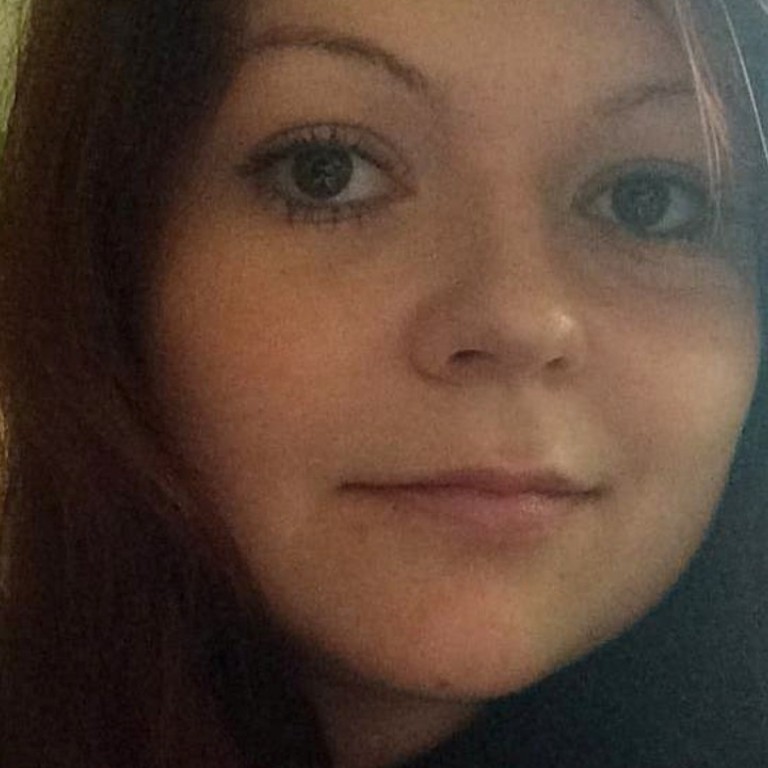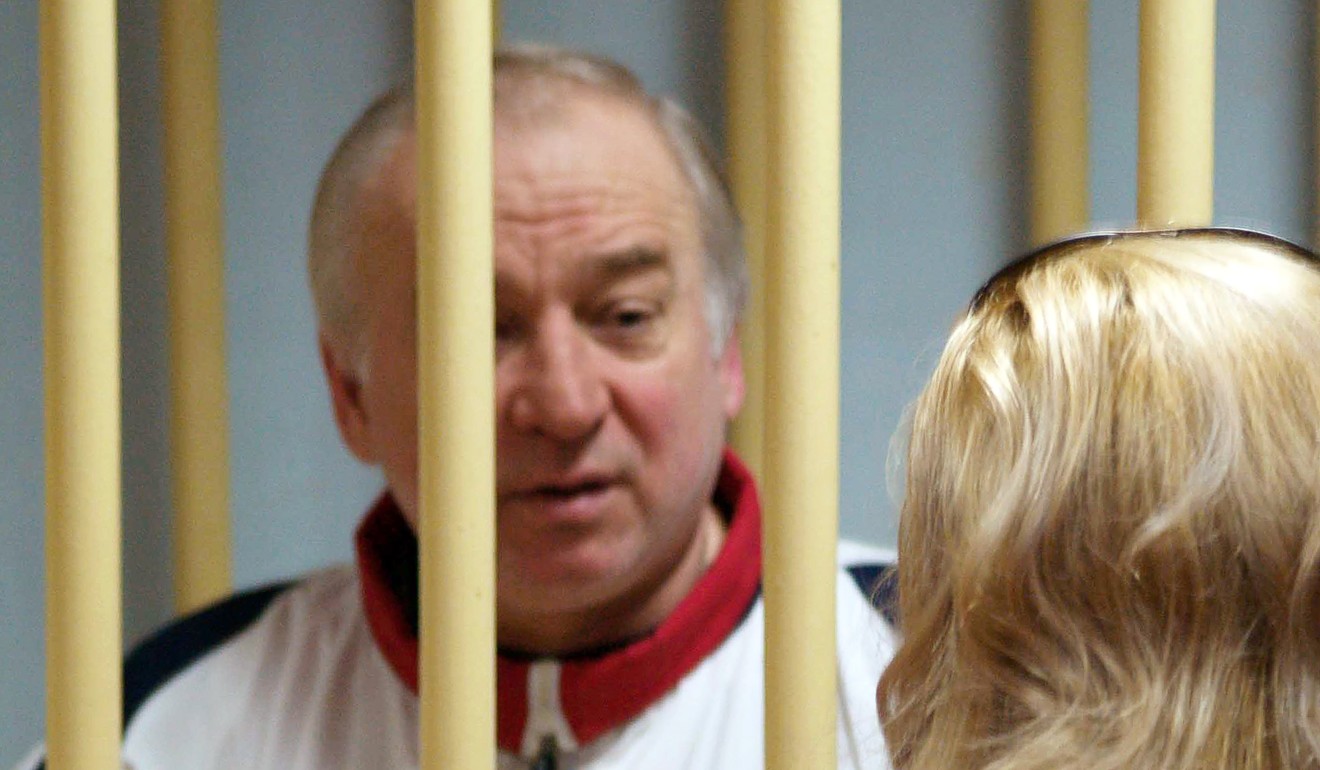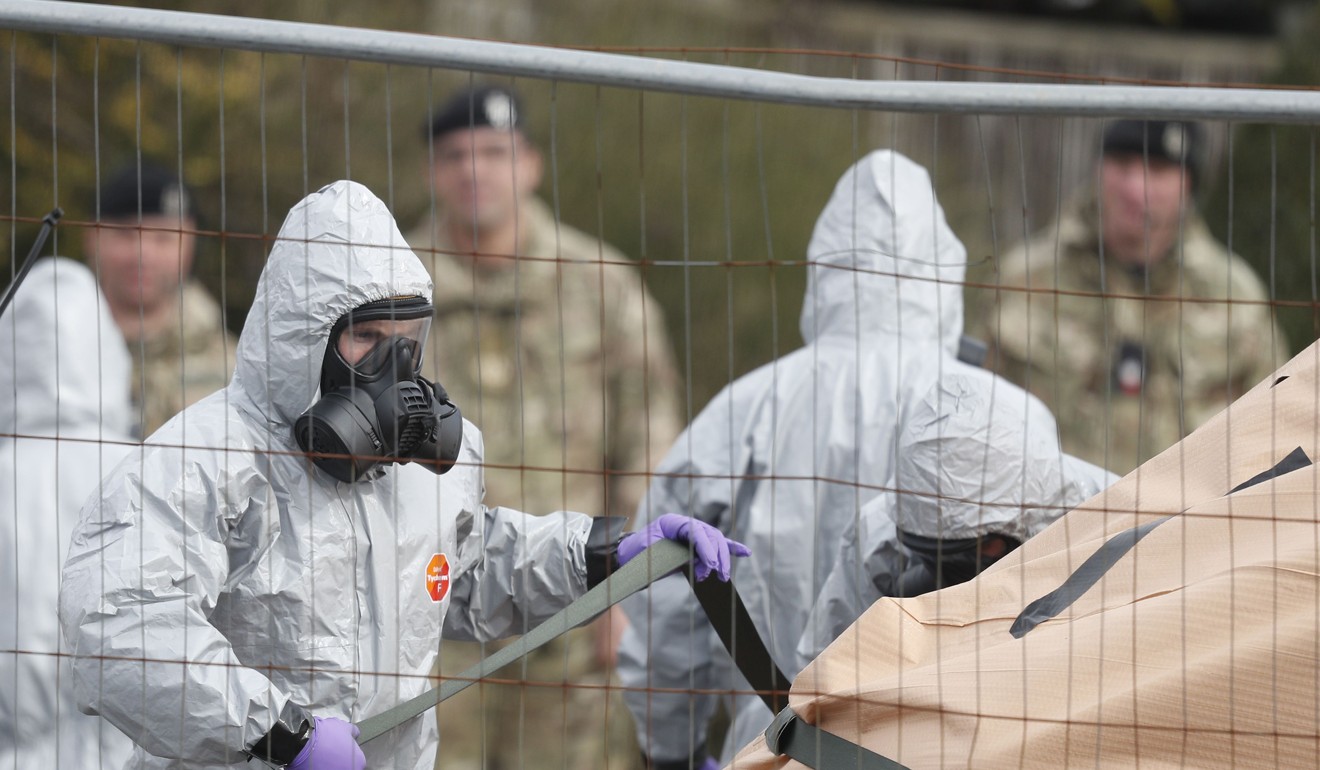
Yulia Skripal discharged from hospital after Salisbury attack
Both the Skripals were in a critical condition for weeks, but their health began to improve rapidly and doctors now say father Sergei could also be released in due course
Yulia Skripal has been discharged from hospital more than a month since she was poisoned along with her father, a former Russian spy, with a military-grade nerve agent, the English hospital where they are being treated said.
Sergei Skripal, 66, a former colonel in Russian military intelligence who betrayed dozens of spies to Britain’s foreign spy service, and his daughter Yulia were found unconscious on a public bench in the English city of Salisbury on March 4.
They were in a critical condition for weeks and doctors at one point feared, even if they survived, they might have suffered brain damage, but the Skripals’ health then began to improve rapidly.
Yulia, 33, was discharged from Salisbury District Hospital, Christine Blanshard, medical director of the hospital, told reporters. She did not say when Yulia had been discharged but the BBC said she had left hospital on Monday night.
“We have now discharged Yulia,” Blanshard said. “Both patients have responded exceptionally well to the treatment we’ve been providing, but equally, both patients are at different stages in their recovery.”

“Her father has also made good progress. On Friday I announced he was no longer in a critical condition. Although he is recovering more slowly than Yulia, we hope that he too will be able to leave hospital in due course.”
Britain blamed Russia for the poisoning, the first known offensive use of such a nerve agent on European soil since the second world war.
Moscow denied any involvement and suggested Britain had carried out the attack to stoke anti-Russian hysteria.
British Prime Minister Theresa May said the Skripals were poisoned with Novichok, a deadly group of nerve agents developed by the Soviet military in the 1970s and 1980s.

Russia has said it does not have such nerve agents and President Vladimir Putin said it was nonsense to think Moscow would have poisoned Skripal and his daughter.
The attack prompted the biggest Western expulsion of Russian diplomats since the height of the cold war as allies in Europe and the United States sided with May’s view that Moscow was either responsible or had lost control of the nerve agent.
But Moscow has hit back by expelling Western diplomats, questioning how Britain knows that Russia was responsible and offering its rival interpretations, including that it amounted to a plot by British secret services.
Sergei Skripal, who was recruited by Britain’s MI6, was arrested for treason in Moscow in 2004. He ended up in Britain after being swapped in 2010 for Russian spies caught in the United States.
Since emerging from the John le Carre world of high espionage and betrayal, Skripal lived modestly in Salisbury and kept out of the spotlight until he was found poisoned.

